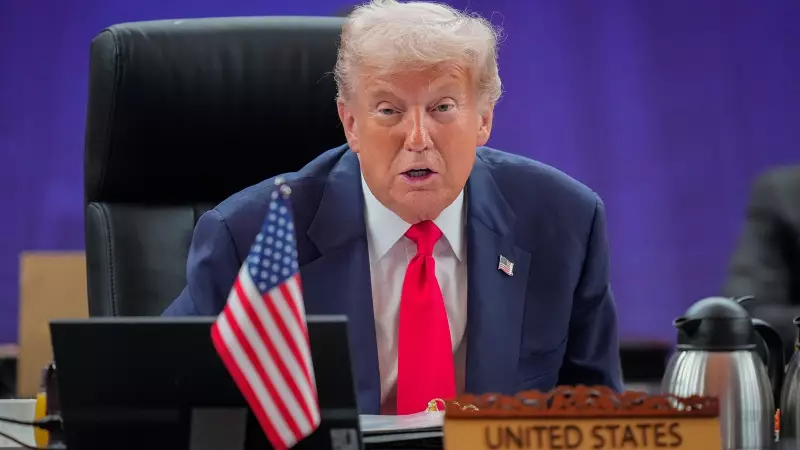
In a landmark decision that could reshape trade dynamics between the Americas, the United States Senate has passed groundbreaking legislation to eliminate the contentious tariffs imposed on Brazilian aluminum and steel during the Trump administration.
Bipartisan Support for Trade Reform
The measure received overwhelming bipartisan backing, demonstrating rare political unity on international trade policy. Senators from both major parties joined forces to approve the bill that specifically targets the removal of Section 232 tariffs that have been affecting Brazilian metal imports since 2018.
Historical Context of the Tariff Dispute
These controversial tariffs were originally implemented by the Trump administration citing national security concerns under Section 232 of the Trade Expansion Act of 1962. The move had drawn significant criticism from trade experts and business leaders who argued that it strained relations with one of Latin America's most important economic partners.
Economic Implications for Both Nations
The termination of these tariffs is expected to provide substantial relief to:
- Brazilian aluminum and steel exporters who faced 10-25% additional duties
- American manufacturers relying on Brazilian metal imports
- Bilateral trade relations that had been under pressure
- Supply chains dependent on these crucial materials
Path Forward and Implementation
While the Senate has cleared this significant hurdle, the legislation must now navigate through the House of Representatives before reaching the President's desk for final approval. Trade analysts are watching closely as this development could signal a broader shift in US trade policy toward its allies in the Western Hemisphere.
The decision comes at a crucial time when both nations are seeking to strengthen economic cooperation and explore new opportunities in green technology and sustainable development initiatives.





